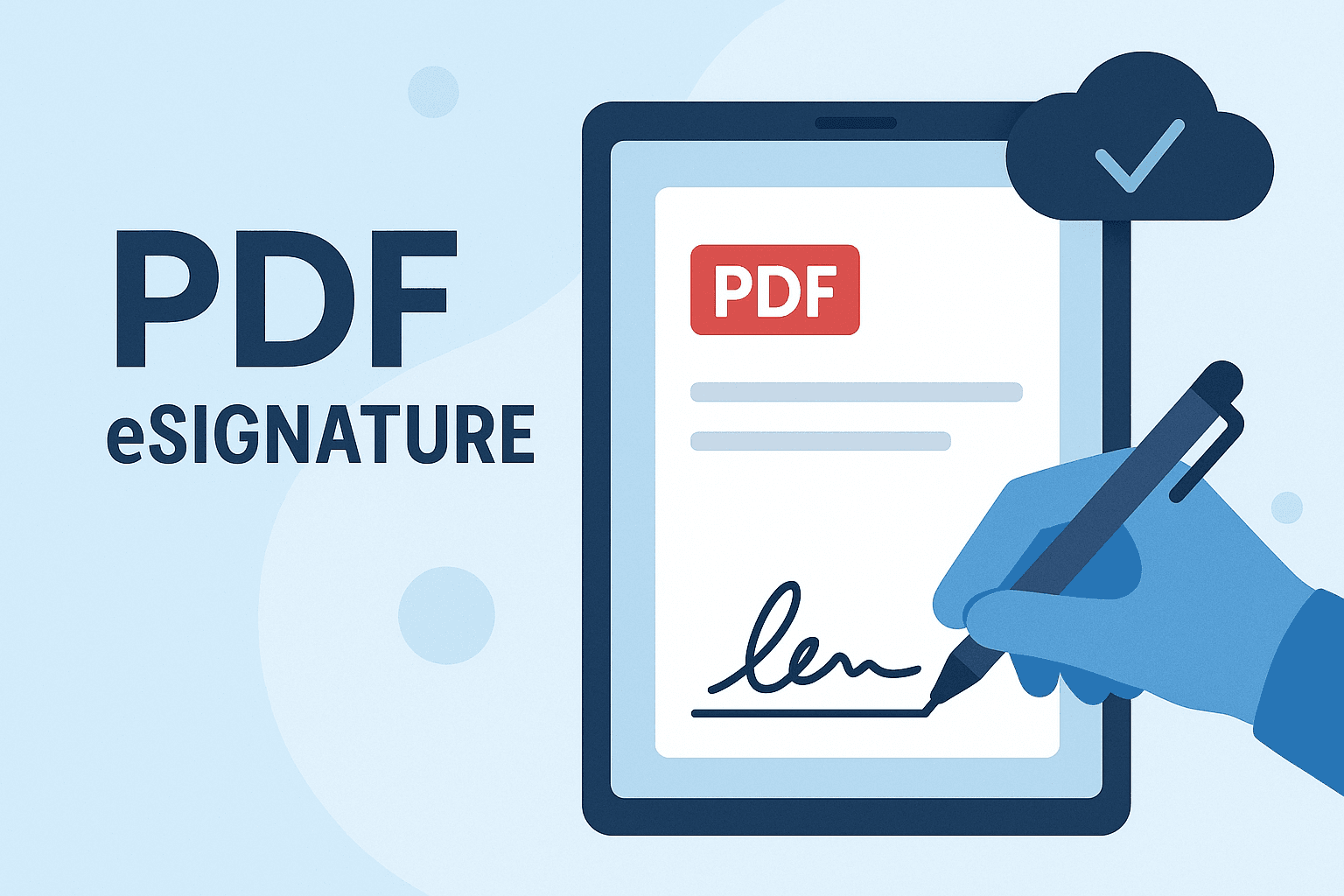are electronic signatures legal in canada





Are Electronic Signatures Legal in Canada?
In today’s fast-paced digital age, the use of electronic signatures (commonly known as e-signatures) has become increasingly widespread across businesses, government agencies, and individuals. But the question often arises: Are electronic signatures legal in Canada? The answer is yes—electronic signatures are legal and recognized throughout Canada. However, the legal landscape surrounding their use involves specific regulations and standards that vary by province and territory.
In this article, we explore the legal foundations of electronic signatures in Canada, how they are treated under different jurisdictions, and what businesses and individuals need to consider to ensure compliance.
The Legal Framework for Electronic Signatures in Canada
In Canada, the use of electronic signatures is governed by both federal and provincial laws. At the federal level, the Personal Information Protection and Electronic Documents Act (PIPEDA) provides the foundational legal recognition of electronic documents and signatures. Under PIPEDA, an electronic signature is just as legally binding as a handwritten one, provided certain conditions are met.
PIPEDA defines an “electronic signature” broadly as “a signature that consists of one or more letters, characters, numbers, or symbols in digital form that is incorporated in, attached to, or associated with an electronic document.”

Distinguishing Between Basic and Secure Electronic Signatures
Canadian law also distinguishes between general “electronic signatures” and more stringent “secure electronic signatures.” A secure electronic signature must meet higher security standards and is typically certified by a recognized certificate authority (CA). Under the Canada Evidence Act, such a signature is presumed to be valid unless proven otherwise in court.
To be considered a secure electronic signature under Canadian law, the signature must:
- Be unique to the person signing
- Be created using technology that the signer has sole control over
- Be capable of identifying the signer
- Be linked to the document in a way that any change invalidates the signature
This distinction becomes important in scenarios such as court filings, land transfers, and certain financial transactions.
Provincial and Territorial Laws
Beyond the federal level, each province and territory in Canada has enacted its own legislation to recognize and govern the use of electronic signatures. Most of these laws are modeled after the Uniform Electronic Commerce Act (UECA), developed by the Uniform Law Conference of Canada.
For example:
- Ontario’s Electronic Commerce Act, 2000 allows for the use of electronic signatures in most business and official transactions, with certain legislative exceptions (such as wills and powers of attorney).
- British Columbia’s Electronic Transactions Act provides similar provisions and is broadly aligned with the UECA.
- Quebec, having its own civil law system, addresses electronic signatures in the Civil Code of Quebec and related digital transaction legislation.
Despite minor differences, the key takeaway is that all Canadian provinces and territories accept electronic signatures as legally valid in a wide range of contexts.

Exceptions: When Electronic Signatures Are Not Accepted
While electronic signatures are generally acceptable, there are specific instances where they are not legally sufficient. Common exceptions include:
- Wills and codicils
- Trusts and powers of attorney
- Documents transferring real estate or land titles
- Certain notarized documents
For these sensitive areas, traditional handwritten signatures or specific government protocols may be required to ensure legal effect.
Are Electronic Signatures Enforceable in Court?
Yes, electronic signatures are enforceable in court across Canada, provided the authenticity of the signature can be reliably established. Canadian courts have increasingly recognized the validity of digitally signed documents, given that the signature process follows best practices and any relevant statutory requirements.
To build a strong legal framework, electronic signature solutions often include features like:
- Date and time stamps
- Identity verification
- Audit trails
- Document encryption and digital certificates
These features contribute to the overall reliability and traceability of the signature.

Choosing a Compliant E-signature Solution in Canada
Whether you’re running a small business or managing enterprise-level contracts, choosing an e-signature platform that complies with Canadian legal requirements is crucial. Look for solutions that:
- Offer secure encryption technologies
- Are compliant with PIPEDA and your provincial laws
- Support audit logs and verification tools
- Provide options for both basic and secure electronic signatures
It’s also a good idea to consult with local legal counsel, especially if you’re dealing with sensitive legal agreements or cross-border transactions.
Businesses Are Embracing E-signatures Nationwide
Organizations in Canada—ranging from startups to federal agencies—are increasingly adopting e-signature technology to streamline operations, improve customer service, and reduce paper usage. In sectors such as finance, insurance, healthcare, and real estate, digital signatures are driving efficiency and legal confidence.
In fact, the public sector has been a prominent adopter. Government agencies now commonly accept and issue electronically signed documents where permitted by law.

International Use and Canadian Standards
For multinational organizations or Canadian businesses working with international clients, it’s important to ensure that your chosen e-signature platform is compliant not only with Canadian laws but also global standards like eIDAS (EU) and the ESIGN Act (USA).
Platforms that offer built-in international compliance features—such as audit trails, multi-factor authentication, and secure digital certificates—are better positioned to support global transactions that meet Canadian jurisdictional standards.
Looking for Regional Compliance? Try eSignGlobal – A Docusign Alternative for Hong Kong and Southeast Asia Users
If you operate in Hong Kong or Southeast Asia and are seeking a reliable, legally compliant alternative to Docusign, consider using eSignGlobal. Tailored for regional regulatory frameworks, eSignGlobal ensures your electronic transactions meet both international and localized legal requirements.

Whether you’re managing cross-border contracts or digital onboarding processes, eSignGlobal provides secure, user-friendly tools that align with legal norms in Asian jurisdictions—effectively bridging global standards with regional compliance.
Conclusion
So, are electronic signatures legal in Canada? Absolutely—backed by robust federal and provincial legislation, e-signatures offer a convenient, secure, and enforceable way to handle digital transactions. By choosing the right platform and understanding the applicable legal standards, individuals and businesses can enjoy both efficiency and legal assurance.
As technology evolves, and Canadian courts continue to uphold the validity of electronic signatures, their widespread adoption is only set to increase. Make sure your chosen solution aligns with Canadian regulations and, where applicable, international compliance frameworks for a seamless digital signing experience.

 Only business email allowed
Only business email allowed


